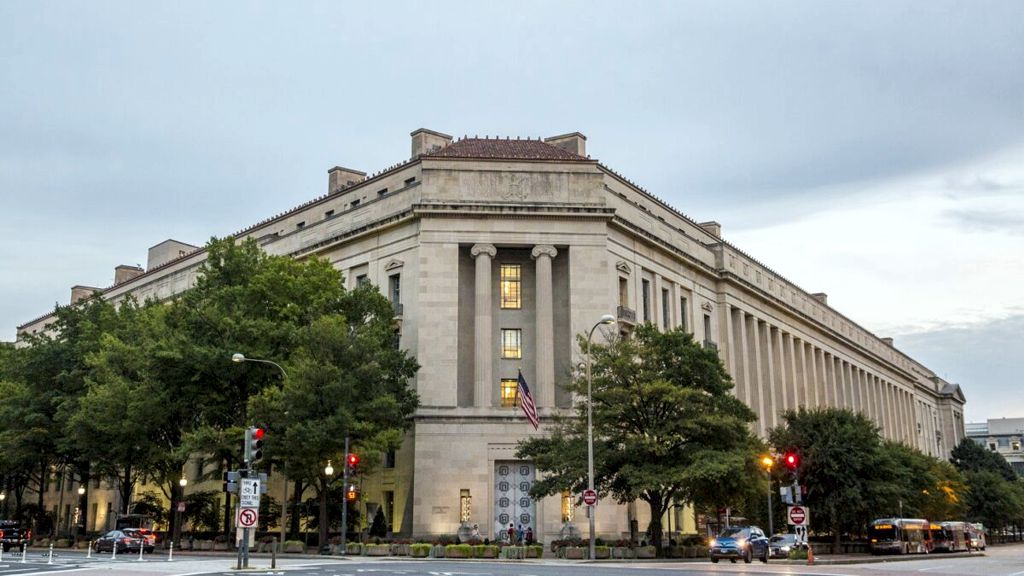The 44-year-old decree ‘effectively banned the use of civil service exams,’ Norma Riccucci, a professor at Rutgers University, said.
WASHINGTON—On Aug. 1, a U.S. District Court judge in Washington dismissed a 44-year-old consent decree that had curbed civil service testing.
Judge Reggie Walton’s dismissal came half a year after the Office of Personnel Management (OPM) first sought to end the decree. They argued it was racially discriminatory and that it kept them from assessing job applicants effectively.
Assistant Attorney General Harmeet Dhillon, who helped end the decree, said the dismissal “reopened federal employment opportunities based on merit—not race.”
In interviews with The Epoch Times, experts on civil rights and public policy were not shocked to see Luevano fall. Alongside measures on diversity, equity, and inclusion (DEI) in the federal government, the dismissal is the latest in a sweeping effort by the Trump administration to change how the United States hires and elevates talent.
Driven by executive orders, the moves are upending norms that some see as discriminatory and others see as inclusive, but strong reactions and reversals could be coming.
“I’m surprised that it [Luevano] lasted as long as it did,” said James Michael Martinez in an email to the Epoch Times.
A lawyer and assistant professor of legal studies at Georgia Gwinnett College, Martinez wrote about Luevano in 2008.
Norma Riccucci, a distinguished professor at Rutgers University, pointed out that it followed Executive Order 14170, “Reforming the Federal Hiring Process and Restoring Merit to Government Service.”
“It is not surprising that Trump would seek to challenge this longstanding decree, spotlighting his administration’s relentless pursuit of changes that align with its ideological vision,” Riccucci, who studies social equity in the public sector, said in an email to The Epoch Times. “He does not want a diverse federal workforce.”
We reached out to the White House for comment but did not receive a response by publication time.








